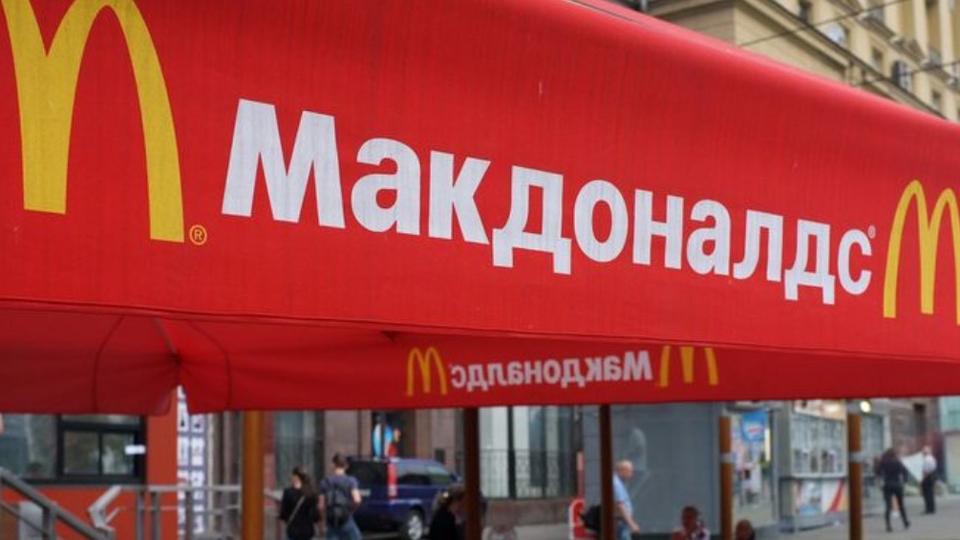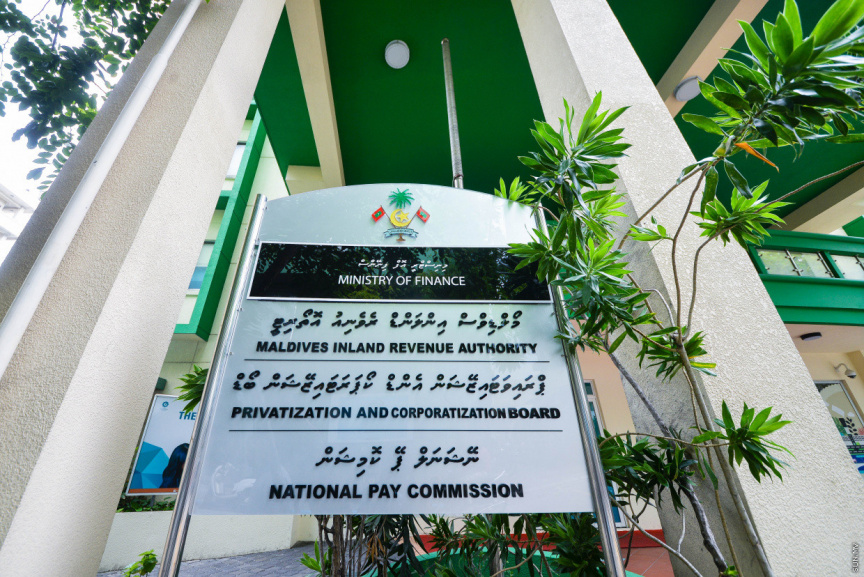Global brands bow to public pressure and suspend their operations in Russia, joining international corporate chorus of outrage over Moscow’s invasion of Ukraine.
McDonald’s, Starbucks, Coca-Cola, PepsiCo and General Electric –– ubiquitous global brands and symbols of US corporate might –– all have announced the temporary suspension of their businesses in Russia in response to the country’s invasion of Ukraine.
“Our values mean we cannot ignore the needless human suffering unfolding in Ukraine,” McDonald’s President and CEO Chris Kempczinski said in an open letter to employees on Tuesday.
The Chicago-based burger giant said it will temporarily close 850 stores but continue paying its 62,000 employees in Russia “who have poured their heart and soul into our McDonald’s brand.”
Last Friday, Starbucks had said that it was donating profits from its 130 Russian stores –– owned and operated by Kuwait-based franchisee Alshaya Group –– to humanitarian relief efforts in Ukraine.
But on Tuesday, the company changed course and said it would temporarily close those stores.
Alshaya Group will continue to pay Starbucks’ 2,000 Russian employees, Starbucks President and CEO Kevin Johnson said in an open letter to employees.
Coca-Cola Co. announced it was suspending its business in Russia, but it offered few details.
Coke’s partner, Switzerland-based Coca-Cola Hellenic Bottling Co., owns 10 bottling plants in Russia, which is its largest market. Coke has a 21 percent stake in Coca-Cola Hellenic Bottling Co.
Pepsi, based in Purchase, New York, said it will suspend sales of beverages in Russia. It will also suspend any capital investments and promotional activities.
General Electric also said in a Twitter post that it was partially suspending its operations in Russia.
GE said two exceptions would be essential medical equipment and support for existing power services in Russia.
McDonald’s treading on thin ice
McDonald’s is among those to take the biggest financial hit.
Unlike Starbucks and other fast-food companies like KFC and Pizza Hut, whose Russian locations are owned by franchisees, McDonald’s owns 84 percent of its Russian stores.
McDonald’s has also temporarily closed 108 restaurants it owns in Ukraine and continues to pay those employees.
In a recent regulatory filing, McDonald’s said its restaurants in Russia and Ukraine contribute 9 percent of its annual revenue, or around $2 billion last year.
McDonald’s said on Tuesday it has donated more than $5 million to its employee assistance fund and to relief efforts.
Pressure had been mounting on companies that remained in the country.
Long history in Russia
Some of the companies have a long history of operating in Russia. PepsiCo entered the Russian market in the early 1960s, at the height of the Cold War, and helped to create common ground between the US and the Soviet Union.
Later, McDonald’s was one of the first US fast food companies to open a store in Russia, a sign that the Cold War had thawed.
On January 31, 1990, thousands of Russians lined up before dawn to try hamburgers –– many for the first time –– at the first McDonald’s in Moscow. By the end of the day, 30,000 meals had been rung up on 27 cash registers, an opening-day record for the company.
But since the Ukraine invasion last month, many corporations have ceased operations in Russia in protest.
Source: TRT

 News3 days ago
News3 days ago
 News7 days ago
News7 days ago
 News2 days ago
News2 days ago
 World3 days ago
World3 days ago
 World3 days ago
World3 days ago
 Business7 days ago
Business7 days ago
 Sports1 day ago
Sports1 day ago
 Travel & Culture3 days ago
Travel & Culture3 days ago

















